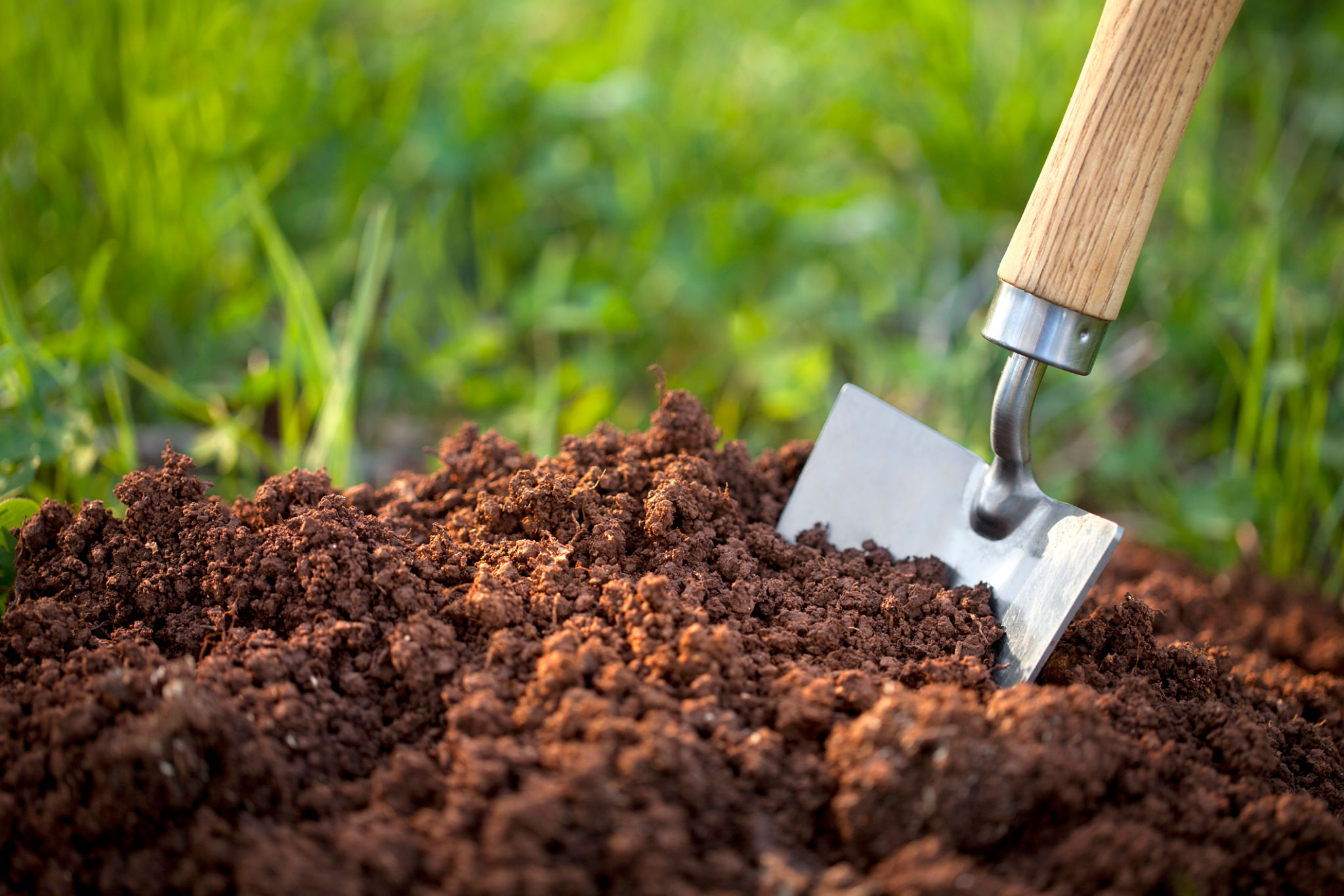Expert Plant Care Tips for Tucson's Unique Environment
Understanding Tucson's Climate
Tucson, with its unique desert climate, poses both challenges and opportunities for plant enthusiasts. The area experiences hot summers, mild winters, and a distinct monsoon season. Understanding these climatic conditions is essential for successful plant care. The intense heat and low humidity levels can quickly dry out plants, necessitating specific care strategies to ensure they thrive.

Choosing the Right Plants
When selecting plants for your Tucson garden, it's important to choose species that are well-adapted to the arid environment. Native plants such as agave, prickly pear, and desert marigold are excellent choices as they have evolved to withstand the local climate. Consider drought-tolerant varieties that require less water and are more resilient to temperature fluctuations.
Incorporating succulents and cacti can also add a unique aesthetic while ensuring low maintenance. These plants store water in their leaves and stems, making them perfect for the desert environment. Additionally, they come in various shapes and sizes, offering diverse visual interest to your garden.

Watering Techniques
Watering is a crucial aspect of plant care in Tucson. To conserve water and support plant health, it's best to water deeply but infrequently. This encourages roots to grow deeper into the soil, increasing drought resistance. Early morning or late evening watering is ideal to minimize evaporation.
An efficient irrigation system can make a significant difference in maintaining a healthy garden. Drip irrigation systems are highly effective as they deliver water directly to the roots, reducing waste and ensuring plants receive adequate moisture.
Soil Considerations
The desert soil in Tucson is often sandy and lacking in organic matter. To improve soil quality, incorporate organic compost into your garden beds. This will enhance soil structure, increase nutrient availability, and improve water retention. Regularly adding mulch can also help maintain soil moisture levels and regulate temperature.

Protecting Plants from Extreme Temperatures
Tucson's summer temperatures can soar, putting stress on plants. To protect them, consider providing shade using structures like pergolas or shade cloths. Grouping plants together can also create microclimates that help reduce heat exposure.
In winter, while it rarely freezes, sudden cold snaps can occur. Cover sensitive plants with frost cloths or blankets during these times to prevent damage.
Fertilization and Pest Management
Regular fertilization is important to maintain plant health in Tucson's challenging environment. Use a balanced fertilizer suitable for the specific needs of your plants. Organic options are often preferred as they improve soil health over time.
Pests such as aphids and spider mites can be prevalent in desert gardens. Implement integrated pest management strategies by encouraging beneficial insects like ladybugs and using natural remedies when necessary to keep pest populations in check.

The Importance of Regular Maintenance
Consistent maintenance is key to a thriving garden in Tucson. Pruning dead or damaged branches encourages new growth and helps maintain plant shape. Regularly check for signs of stress or disease, such as wilting or discoloration, to address issues promptly.
By following these expert plant care tips tailored to Tucson's unique environment, you can create a lush and vibrant garden that flourishes year-round despite the desert conditions.